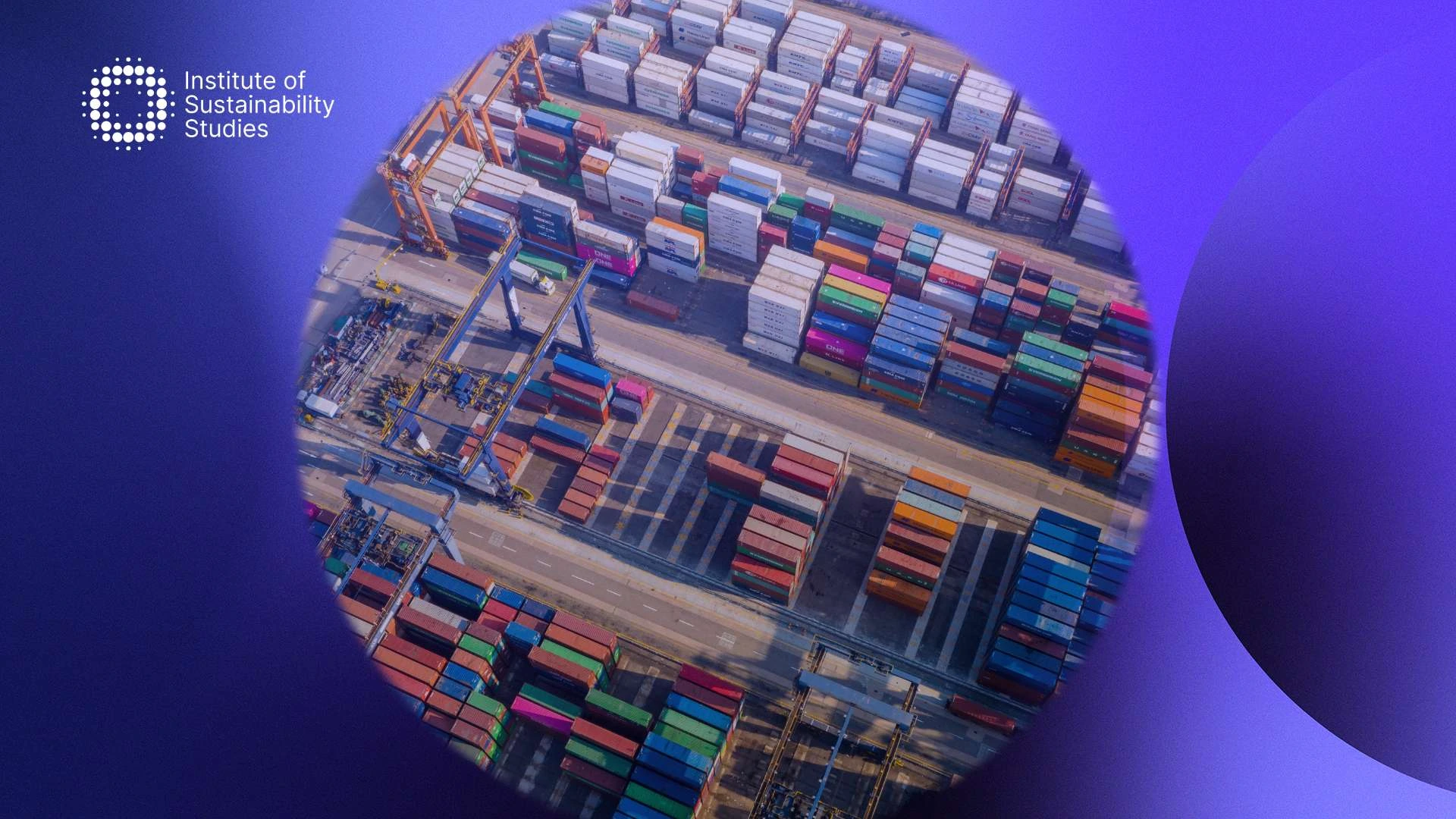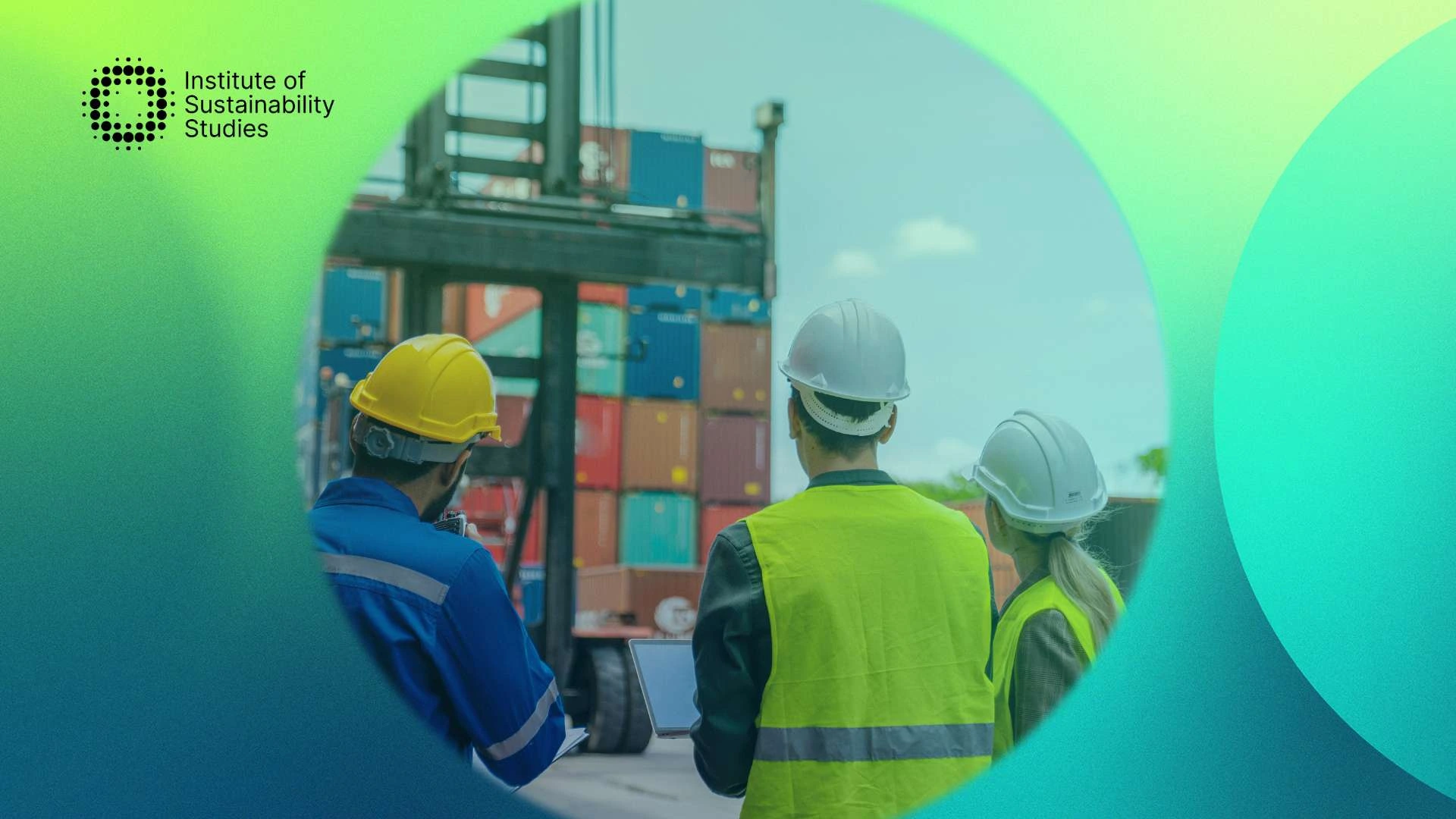A newly published report from BloombergNEF (BNEF) found that Europe is set to overshoot its climate goals by 2030 unless new policies are introduced. The research discovered that Europe is making the strongest progress in tackling energy-related emissions among major economies to date. However, it will need to more than double investment efforts to an average of $1 trillion annually up to 2030.
The report findings
Based on current policies and bottlenecks, Europe is set to overshoot its climate targets by 200 metric million tonnes of carbon emissions (a 9 percent difference that could potentially increase to almost 30 percent). BNEF analysed policies on existing ‘base case’ where no policy interventions are introduced or through its Net-Zero Scenario, where the energy industry fully decarbonises by 2050.
According to the base case, the EU and the UK “widely overshoot” their 2030 renewable energy commitments. If the Net-Zero Scenario is reached, renewable energy investment must rise 23 percent from 2023 levels, while electric vehicle sales and charging infrastructure spending have to triple. To avoid exceeding its climate goals, Europe will also need to make progress in reducing other net greenhouse gas emissions.
For instance, from industries like agriculture, waste, and land use change. When emissions other than CO2 from the energy sector are taken into consideration, the overshoot risk for the 2030 climate goals increases even further. BNEF’s report shares it could be as much as a 29 percent overshoot if there are no amendments to the current policies.
The EU’s progress towards climate change goals
At the beginning of 2024, the EU agreed on a much-anticipated climate change target to curb net emissions by 90 percent by 2040 as it works to achieve net-zero carbon by 2050. In June, the EU’s scientific watchdog informed policymakers to target between 90 and 95 percent cuts by 2040. They were urged to do this without leaving any loopholes for certain sectors or any kinds of non-carbon greenhouse gases.
The EU slashed emissions by 30 percent between 1990 and 2021. In the months proceeding, the European Parliament approved the Net-Zero Industry Act. The purpose of this Act is to increase EU manufacturing of decarbonisation technologies. By 2030, it aims for Europe to produce 40 percent of its yearly deployment needs in net-zero technologies. The Act aims to obtain 15 percent of the worldwide market value for these technologies and is in line with national energy and climate programs (NECPs).
BNEF Net-Zero Scenario
Under the BNEF Net-Zero Scenario, Europe’s wind capacity would likely surpass 1.3 terawatts by 2050, double that of the base case. In the existing base case, installed solar and wind capacity more than double by 2030. This would reach 50 percent of the total power supply, and coal would account for just 1 percent of the generation mix by 2028.
Electric vehicles (EVs) would account for over half of Europe’s total passenger vehicle fleet by 2040. BNEF highlights the electrification of industries like heat and transport as a key enabler of the Net-Zero Scenario, and even under the base case, EVs boost Europe’s electricity demand by 30 percent by 2050 from 2024 levels.
Overall, electrification together with clean power drives two-thirds of total emissions abatement across the region from 2024 to 2050. Carbon capture also makes up a big piece of the net-zero jigsaw. As per the base model, capacity will increase by more than 100 times to reach over 360 million tonnes annually by 2035, accounting for 14 percent of total emissions reductions through 2050. The Net Zero Scenario, according to BNEF, would necessitate an 8.5-fold increase in technology investment over 2023 levels for the remainder of this decade.
Conclusion
The findings from BNEF highlight the urgency to ramp up efforts to enhance sustainability in Europe to stay on track for 2030 and beyond. The path ahead is not without obstacles, but it also holds unparalleled opportunities for innovation, collaboration, and leadership. Ultimately, businesses have a critical role to play in shaping a low-carbon future.
The future demands leaders equipped with actionable insights and cutting-edge tools to navigate this evolving landscape. Our expert-led business sustainability courses are tailored to equip organisations and individuals with the knowledge and practical tools needed to navigate this pivotal journey effectively.










